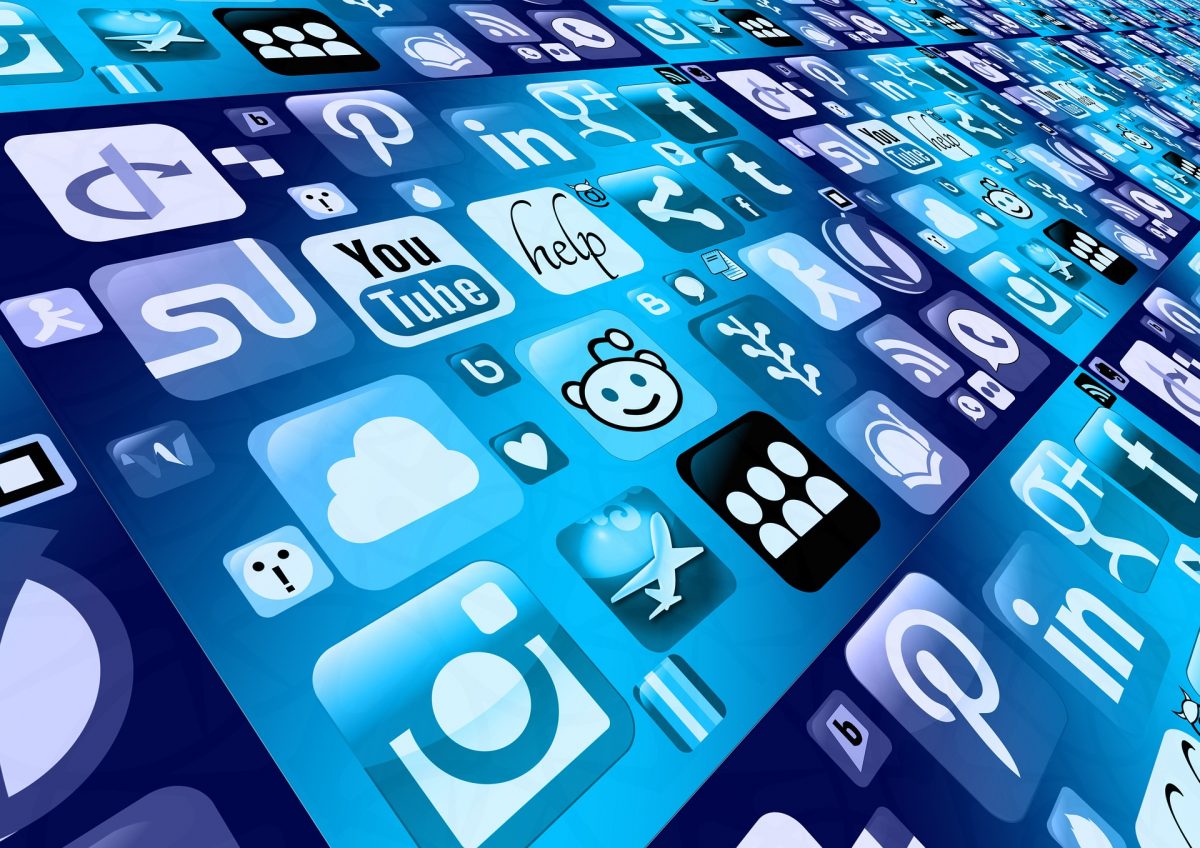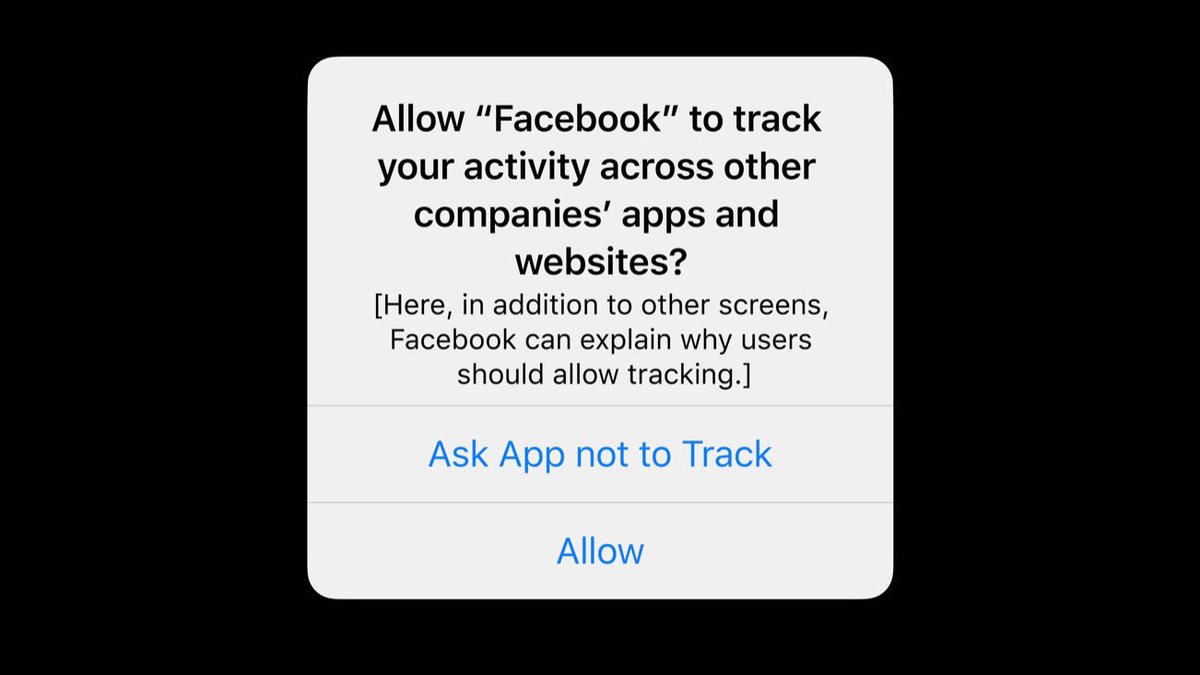Last week, Meta unveiled their new Ray-Ban Display smart glasses (Aouf, 2025). Once again, I appreciate living in a time experiencing numerous interesting technological innovations. I think this launch of augmented reality integrated into an almost normal looking pair of glasses is a big leap into the future of personal technology. In my opinion you can compare this launch with the first introduction of the smartphone, a product which will have a big influence on everyone’s lives. Imagine navigating by receiving turn-to-turn notifications, getting real-time translations or getting direct answers from an AI assistant all while still being able to see your surroundings and without having to pull out your smartphone.
However, my enthusiasm is dampened by my knowledge of the downsides of many of Meta’s applications, largely informed by the 2020 documentary, “The Social Dilemma”. This documentary provided me with a clear look at how social media platforms try to capture our attention and monetize this attention by design. This design often has a negative influence on our mental well-being (Vashist, 2023). We can not ignore that these glasses are a product of Meta, the parent company of Instagram and Facebook. These platforms are the center of the documentary’s critique, and will have a direct interface in our view with the new glasses.
For me this raises a critical concern about the potential of these glasses for becoming another product with a big potential of increasing digital addiction. Meta has already faced accusations and lawsuits for years, being accused of knowingly designing platforms which have psychologically manipulative features to hook young users for profit (Li, 2024). Internal documents have also suggested that there is an awareness within the company that its platforms could harm young people, especially regarding body image and sleep disruption (Paul, 2023).
Being aware of these dangers and actively trying to regulate my dopamine responses and phone usage myself I am concerned about the potential for a constant distraction being delivered directly to our eyes. Will we be able to control this distraction to only use it to our benefit or will the digital and physical worlds blur to an unhealthy degree. The nature of AR is to blend our reality with digital information, which could directly amplify the attention seeking mechanism which has made social media so problematic.
This is why I think the glasses, at the minimum, need to have focus modes or functionality similar to those which are already implemented in the IOS and Android operating system. For a device like this ideally, the focus functionality would have to go further by for example, automatically detecting when a user is concentrating, filtering out non-essential notifications.
In the end, this responsibility in my opinion should not solely fall on the individual. With these powerful technologies becoming available to the general public I think companies such as Meta can not be trusted with the responsibility to protect it’s users against negative effects, so a conversation about regulation is essential. We already see legislative efforts, like New York’s SAFE for kids act, which aims to curb addictive social media features for minors by restricting algorithmic feeds and late-night notifications (NY State Senate Bill 2023-S7694A, n.d.). Similar principles should be applied to the field of wearable AI and AR. By enforcing ethical design principles by regulation we can hopefully embrace the huge potential of these innovations without falling for the addictive pitfalls that have characterized the last decade of social media.
References
Aouf, R. S. (2025, September 24). Meta launches first AI smart glasses with integrated display. Dezeen. https://www.dezeen.com/2025/09/19/meta-ray-ban-display-ai-smart-glasses/
Li, C. (2024, March 2). Social Media Addiction x Meta Lawsuit. YIP Institute Technology Policy. https://yipinstitute.org/policy/social-media-addiction-x-meta-lawsuit
NY State Senate Bill 2023-S7694A. (n.d.). NYSenate.gov. https://www.nysenate.gov/legislation/bills/2023/S7694/amendment/A
Paul, K. (2023, November 29). Meta designed platforms to get children addicted, court documents allege. The Guardian. https://www.theguardian.com/technology/2023/nov/27/meta-instagram-facebook-kids-addicted-lawsuit
Vashist, S. (2023, October 16). “The Social Dilemma” Netflix Documentary: The Perils of Social Media. Medium. https://medium.com/@shashankvashist/the-social-dilemma-netflix-documentary-the-perils-of-social-media-37f601f84606










